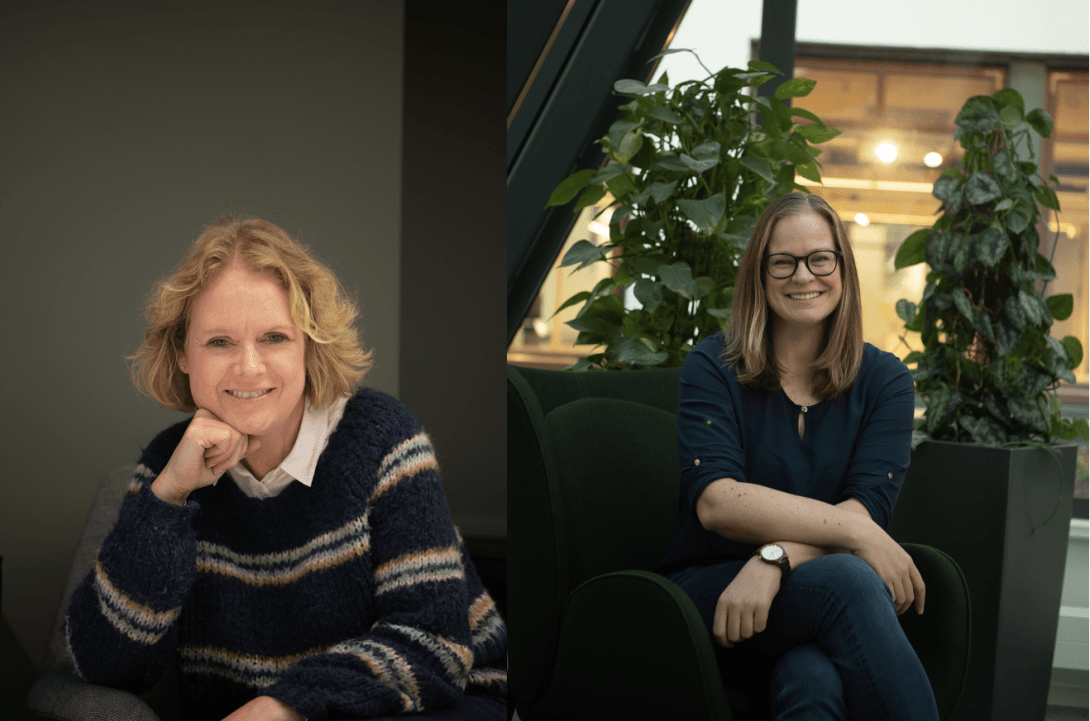
Simula’s renewed investment in education
Published:
Two new initiatives became a reality as of January 1st: Simula Academy and Simula Learning.
Simula Academy and Simula Learning are the result of a renewed investment in education at Simula, focusing on researcher training and lifelong learning, respectively. While these have long been prioritised at Simula, these new initiatives allow the development of even more specialised offers to further support our goal of training highly-qualified experts and leaders for the benefit of society.
The education activities at Simula have now been reorganised.
More than 500 master's students and over 150 PhD candidates have been supervised by researchers at Simula since its establishment in 2001. These graduates have gone on to work at universities, research institutes and in industry.Some work in Norway while others are abroad, and some have stayed to further develop their career as a researcher at Simula.
In 2007, the Simula School of Research and Innovation (SSRI) was established to professionalise Simula's education activities, and in particular, to train and support Simula's early career researchers. As a natural part of Simula's strategy to benefit society, SSRI also developed courses and outreach activities to engage with school students and teachers. These outreach activities have grown over recent years and, together with externally-targeted lifelong learning offers, will now be organised through Simula Learning. Simula's researcher training and continuous professional development activities will be organised by the Simula Academy.
Simula Academy
As an institution performing cutting-edge research, Simula relies on recruiting and retaining the best minds. "To achieve this, we need a working environment that not only promotes the pursuit of excellence but also supports this pursuit through continuous professional development," says Dr. Rachel Thomas, Director of Simula Academy.
The bulk of the Academy's activities are tailored for researchers, especially early career researchers. In providing relevant courses and workshops, internships and mentorships, the Academy will help Simula's researchers develop the skills and interests to take on societal challenges and responsibilities as a researcher at Simula or in another job in another sector. "Doing great research requires a wide range of skill sets," says Dr. Thomas. "Some of these are specific to research, while others are more broadly relevant across sectors. By offering both transferrable and research-specific skills training, the Academy helps prepare young researchers to excel in a host of career paths, academic as well as non-academic."
And as each stage in a career brings new opportunities and challenges, Simula Academy will also provide offers for our more senior researchers, including leadership and supervisor training, as well as targeted training for our non-research staff. "Simula aims for excellence in all our pursuits," says Dr. Thomas. "Of course, that includes our innovation and education activities, as well as all our support functions. We have a fantastic group of curious and motivated employees, and it is now the Academy's job and privilege to develop offers for all of Simula's employees."
Simula Learning
"There is a growing demand for digital skills throughout society. Upgrading digital skills within the workforce is central in almost any digital agenda. On top of that, there is a rapidly growing threat from cyberattacks in every part of the society. In our digital world, everyone needs to have some basic knowledge about cybersecurity, which is not always the case," says Marianne Aasen, Director of Simula Learning.
At Simula Learning, Aasen and her colleagues will focus on digital upskilling by providing specialised courses for specific target groups such as programming for teachers, digital skills for non-experts in ICT and a summer school in programming for kids.
While it is, of course, important to educate more people through the universities, there is a widespread perception this is not sufficient. "Many people already in the workforce within different kinds of occupations are in need of improving their digital knowledge and competence. Simula Learning has developed courses for this market."
Programming is now an integral part of the new curriculum in the Norwegian school system, and all students learn programming in school. This creates the need for teachers to learn the principles of programming and how it can be used in school. This need formed the basis for establishing the Simula CodeSchool (Kodeskolen). "A thousand teachers have been through the Simula CodeSchool (Kodeskolen) and have learned the basics about programming or, more specifically how to use the Python as a tool in the classroom. Our ambition is to increase this number and continue to build programming skills for teachers," says Aasen.
Simula Learning will also continue Prepare, a collaboration project with the school authorities in Oslo and Akershus that was established in 2010. Prepare aims at making science more appealing to students, and with the help from highly-trained science and technology students, called mentors, they visit schools where they give presentations tailored to a young audience. "We look forward to sending these mentors out to schools when they are prepared for external visitors," says Aasen.
About these initiatives:
Key activities for Simula Academy:
- Researcher training – scientific communications, writing & managing grants, supervision and leadership.
- Professional development – transferrable skills such as project and time management, leadership training, digital security, and design thinking.
- Recruitment activities & onboarding – summer internship program, job fairs, and company presentations.
- Graduate student coordination at SRL – for master's students and PhD candidates.
- For more information, see simula.no/academy
Key activities for Simula Learning:
- CodeSchool (Kodeskolen) - courses in programming for teachers, children, youth and others.
- Digital upskilling - courses in ICT-security, Artificial Intelligence (AI), introduction to computer technology.
- Outreach - STEM activities for schools, youth, children.
- For more information, see https://www.simulalearning.no/